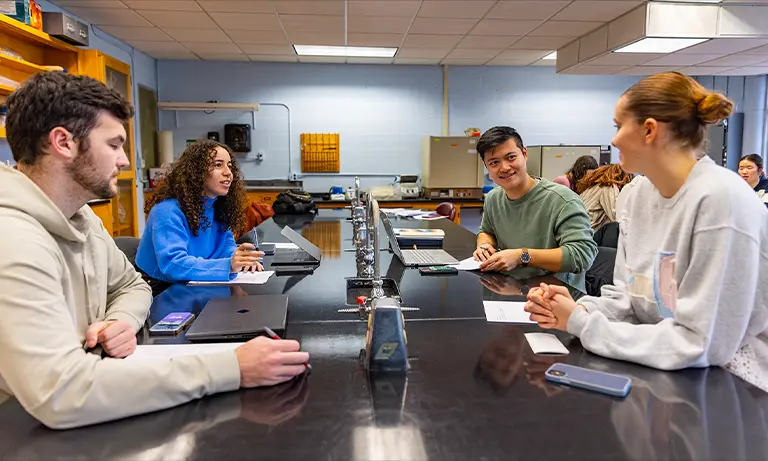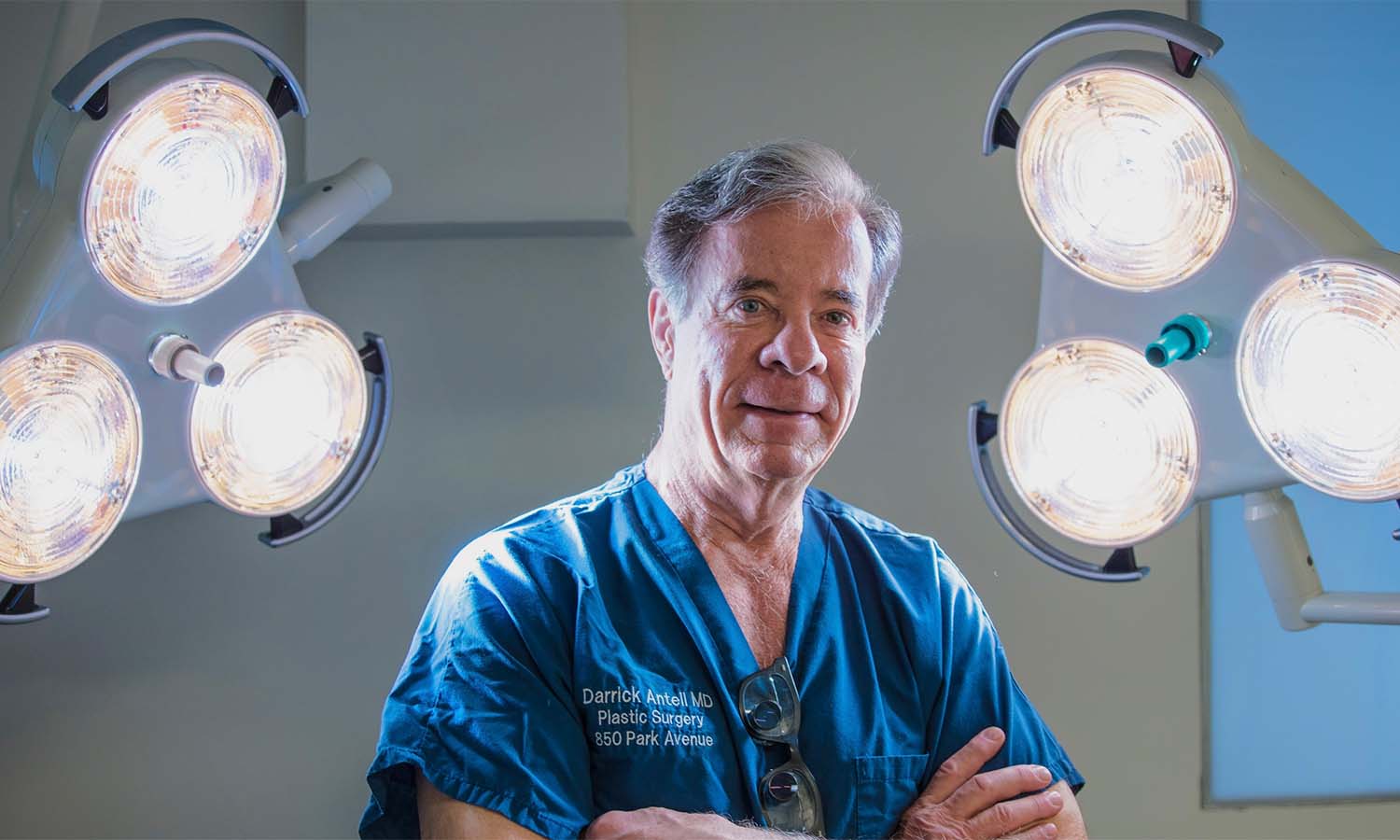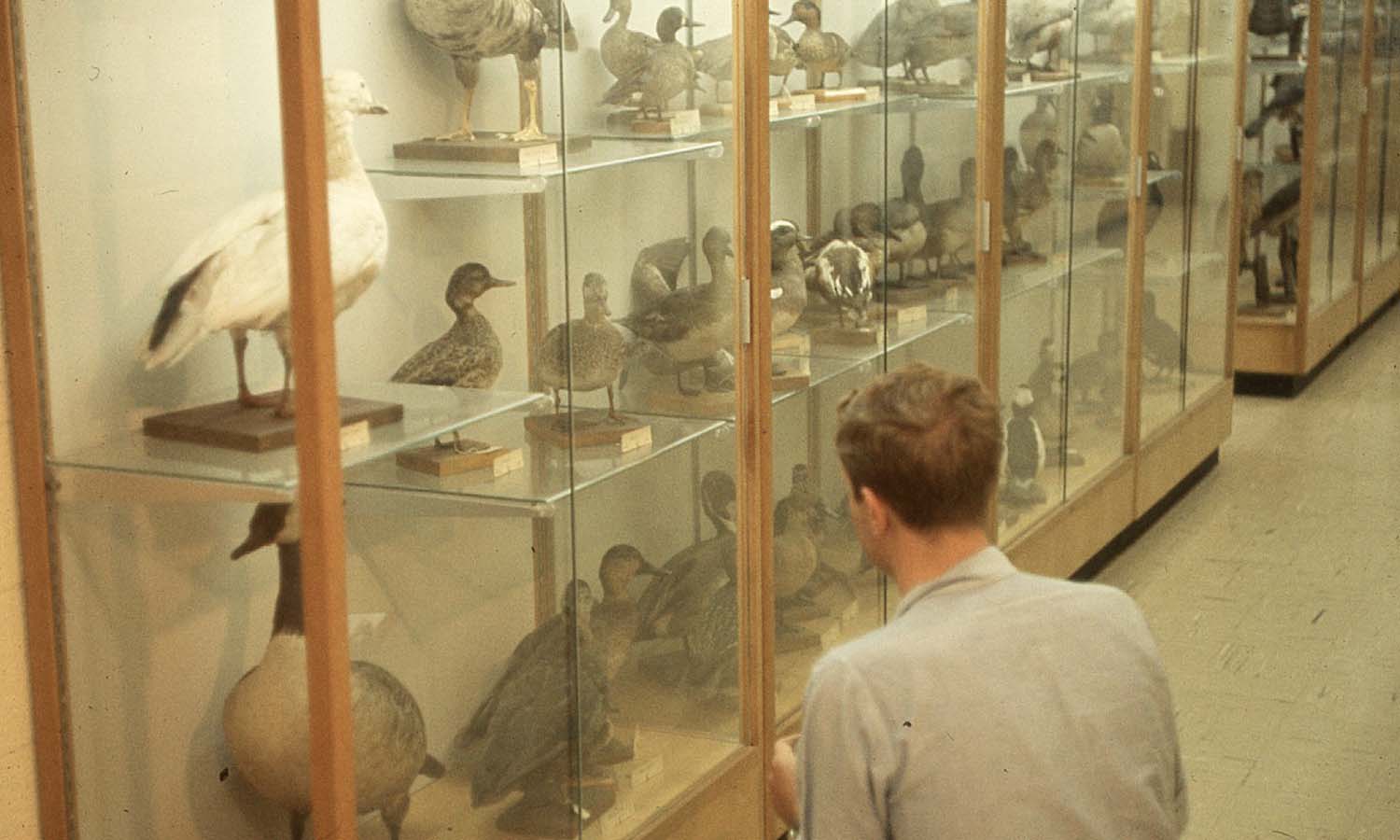
HWS News
17 June 2024 Introducing the Public Health Studies Major
Major offers choice of paths to study the critical and evolving field of public health.
A new major in Public Health Studies offers students a holistic, interdisciplinary introduction to the world of public health and the social contexts surrounding the field.
Building off the established minor, the Public Health Studies major allows students to study public health in the new concentrations of Health Science, Environmental Health, Global Health or Health Justice. Courses within the major range from biology, chemistry and geoscience to history, sociology and gender, sexuality, and intersectional justice.
Students completing the program will be able to pursue a multitude of careers, including a pre-medicine pathway along with other health-related fields such as community advocacy, nonprofit and governmental work.
“We’re casting a big net and offering an interdisciplinary look at what it means to intervene in and understand public health at the local, national and international levels,” says Associate Professor of Gender, Sexuality, and Intersectional Justice Jessica Hayes-Conroy, the chair of the program. “This program will help students become leaders in their field because of the synthesis they develop.”
The major’s concentrations cover multiple topics:
- Health Science features a variety of biology and chemistry classes and is geared for students interested in clinical medicine and related career paths.
- Environmental Health emphasizes the long-recognized relationship between human health and the natural and built environment.
- Global Health offers a focus for students interested in public health on an international level.
- Health Justice connects public health to questions of social equality, access and diversity, equity and inclusion.
“When I talk to faculty and admissions officers at medical and other clinical training programs, they all stress how important an understanding of public health is to providing effective medical care,” says Associate Director of Health Professions Counseling and Fellowship Advising Scott MacPhail. “For a student interested in medicine, dentistry or other clinical careers, the ability to pair scientific study with public health offers a chance to prepare for the many challenges ahead in a health care career. Such a pairing is also sure to stand out in the competitive professional school application process.”
MacPhail also says alumni working in public health emphasize the importance and value of a liberal arts education.
“Training in independent research, problem solving, collaboration and high-level communication skills are as important for these roles as specific knowledge of health, health care systems and health care practices, all of which are components of our new major,” says MacPhail.
In addition to the new concentrations, a new course, “Critical Social Epidemiology,” will be offered. The course traces some of the less recognized histories, theories and methodologies of social epidemiology, the field of study concerned with the distribution of health and disease in relation to patterns of social inequality. Students will critically examine the origins of epidemiological science, the historical erasures of marginalized voices in epidemiology and the assumptions that underpin much contemporary epidemiological work.
Through its interdisciplinary nature, “this program gives students the ability to practice public health for the people they’re working for by understanding the social situations surrounding them,” says Professor of Chemistry Justin Miller, a member of the program’s steering committee. “We want to provide our students enough of a background to be sympathetic and empathetic to the people living in our culture by understanding and questioning that culture."



